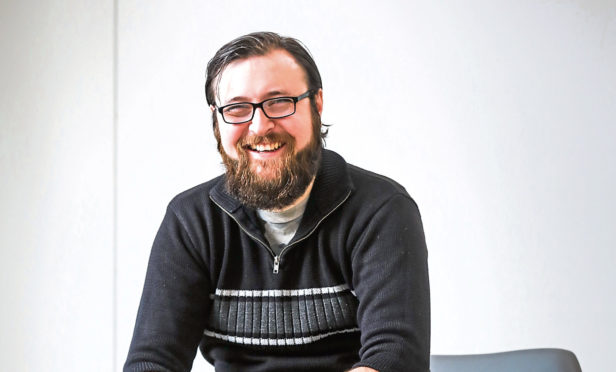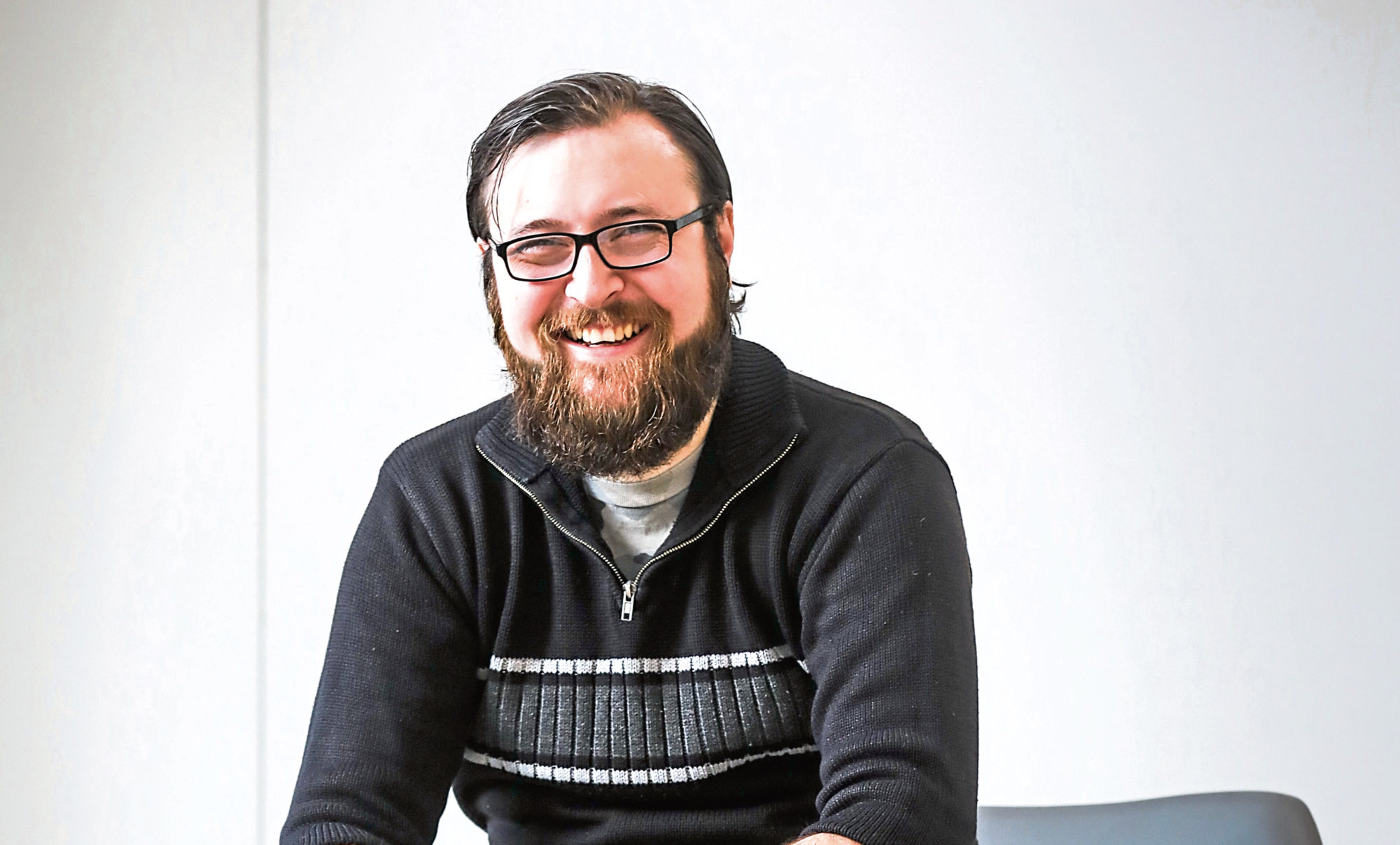Only a few years ago, the challenges facing migrants fleeing life-threatening conflict in Middle Eastern nations and converging on the French border town of Calais was all over the news.
Scenes of the exodus of families from Syria were everywhere and climaxed in the heartbreaking image of Alan Kurdi, a three-year-old boy who drowned in the Mediterranean Sea and was washed up on a beach in Turkey in September 2015.
This tipping point led to an outburst of international indignation.
In July 2015, Eurotunnel stated that it had intercepted more than 37,000 migrants in the previous six months.
Later in the year, the UK salved its collective conscience with the offer of refuge to a pitifully low number of persecuted migrants. And then… silence.
We arrived in 2016. The UK embarked on a referendum of our membership of the European Union and three years of naval-gazing and political paralysis submerged our ability to see the waves of turbulence beyond our own shores.
As post-Brexit immigration policy resurfaced in UK political discourse last week, I spoke to my former work colleague and dear friend, Lyndsay Cochrane, who travelled to Calais in February last year as a volunteer.
Lyndsay, 28, stayed for an initial period of six weeks and returned for a further nine weeks.
She said: “I love food and felt I could bring something to the table.”
Read more from Ewan Gurr here
Within weeks, she was cooking for between 1,500 and 2,000 men, women and children.
It cost Lyndsay £34 to get from Glasgow to Calais.
While making her way from the ferry port to her accommodation, she was confronted with billboards made by refugees saying: “We are not animals. We are human beings. Please treat us as such.”
Lyndsay said: “They are at the mercy of the constant threat of violence and intimidation.”
She observed the living conditions of many families in Calais and Dunkirk, often only sheltered by small flimsy tents during cold winter conditions.
When asked about her most emotive experience, Lyndsay said: “We had a memorial service for a two-year-old girl who was shot and killed.
“At the service, they had images of the girl, read out a poem and other children had drawn pictures of her.
“Looking at the picture of her just broke me.”
Lyndsay said it is difficult working in such a context but talked passionately about the way volunteers support each other in what she describes as “like a bubble of God’s love amid brutal circumstances”.
It is likely that post-Brexit immigration will be even stricter in its limitations on migrants and refugees fleeing conflict.
I asked Lyndsay how she feels about this when engaging with the refugees she talks to in Calais.
She said: “I would never want to extinguish their hope.
“Sometimes hope is the only thing keeping them going.”

